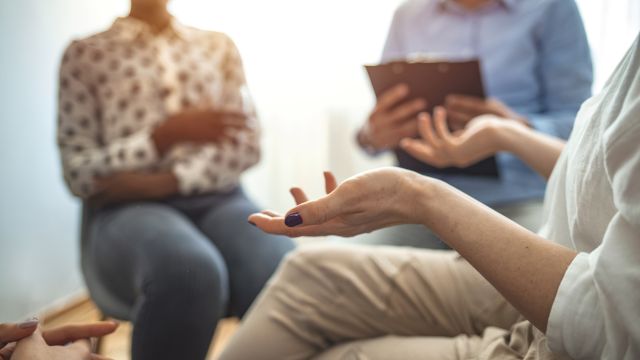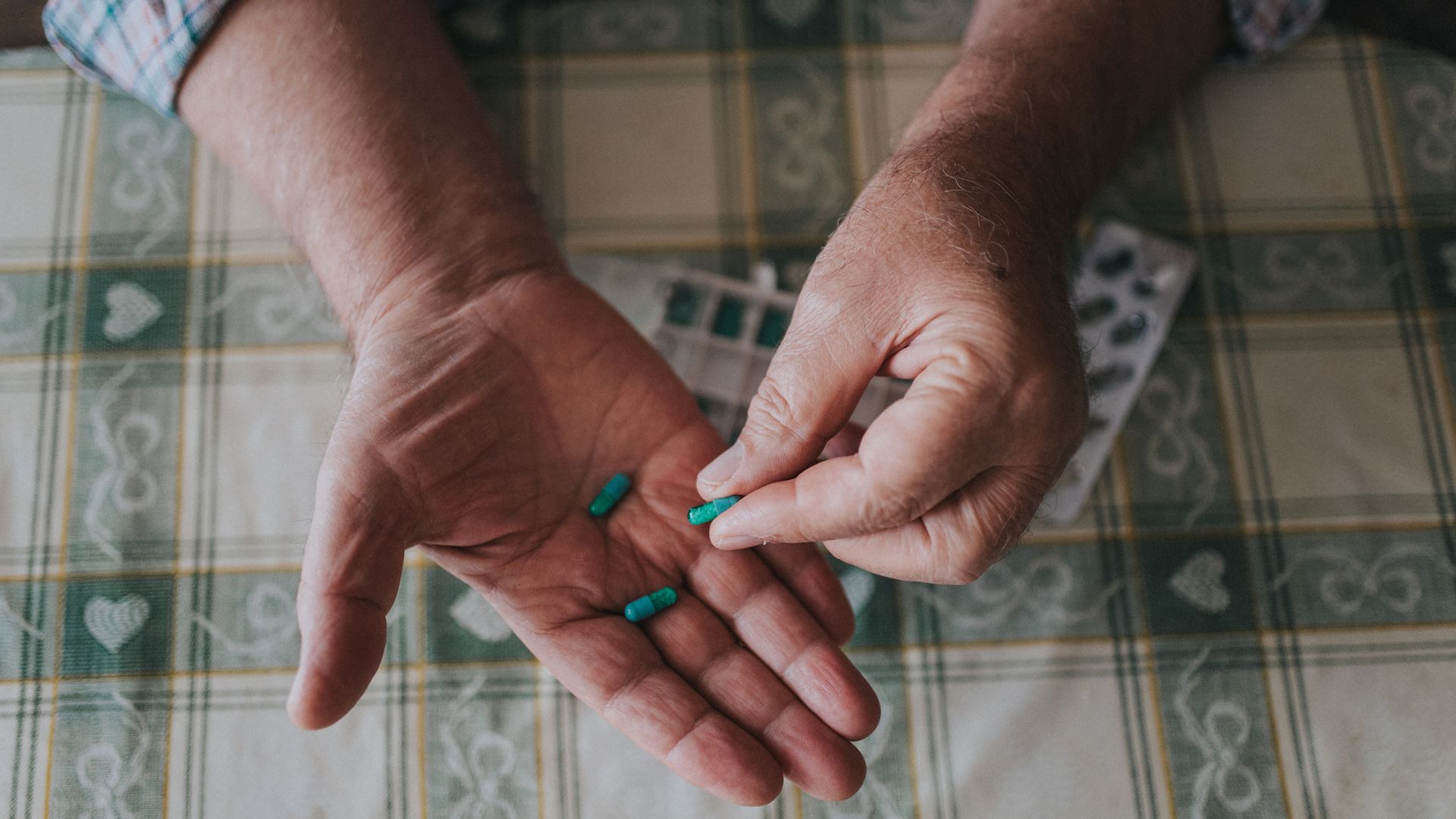Living with chronic lymphocytic leukemia (CLL) can feel confusing, overwhelming, and scary at times. You may wonder what things will look like a year from now. Or five years from now. As you and your healthcare team work together on the best treatment for your CLL, addressing your mental and emotional health is an important piece of the puzzle, too. Below are some steps you can take to help reduce feelings of anxiety and feel more in control.
Reach out for support
It’s normal to have some feelings of anxiety and sadness. Or even anger. But if these feelings are affecting your quality of life (or if you’re tired of feeling this way even sometimes), there are many places in which to turn. Friends and family can be a great source of support, and keeping a strong social circle is important. But if there are certain feelings you don’t feel comfortable sharing with loved ones, or if you want to connect with people who are living a similar experience, a support group can be a great option.
Support groups can help you cope with various aspects of your diagnosis and treatment by providing a safe environment to share experiences and learn from others who are facing similar challenges. Consider reaching out to your local hospital to learn about support group programs they offer. If you’re looking to talk to someone one on one, your healthcare providers may be able to recommend a mental health professional who’s specifically trained to help those on a journey like yours.
Continue doing the things you love
As much as possible, try to remain engaged in activities that bring you joy, even if they look a little different. Some activities may be tougher to do at times, but these may still be doable with some adaptations. Maybe you love cooking but are having trouble standing for long periods of time. Consider chunking it into smaller steps rather than trying to do it all at once. Also, think about some parts of the process—such as chopping vegetables—that can be completed while sitting.
Keep moving
Exercise is an important part of a cancer treatment plan. In addition to the many physical benefits of exercise—from reducing the chances of treatment-related side effects, to building muscle strength, to improving balance, and so much more—exercise can positively impact your mental health.
Exercise releases feel-good brain chemicals called endorphins that help enhance your sense of well-being. It’s also a great way to gain more social interaction. A simple smile exchanged with a neighbor while you’re walking down your street can help boost your mood. Or maybe a backyard workout with a friend could become a regular occurrence, and something you look forward to each week.
Be sure to talk to your healthcare team before starting any sort of exercise program. Your ability to perform different types of exercises depends on many factors such as treatments you’re on, any side effects you’re experiencing, your level of fitness, and other health conditions you may have.
Find a method of organization
Cancer treatment can bring lots and lots of papers—from pathology reports to medical bills to notes taken at your appointments. These papers can quickly pile up, potentially making you feel more stressed and overwhelmed. Fortunately, some basic organizational approaches can help. For example, you may want to create a binder that’s separated into color-coded sections for each category of paperwork and records: pathology results, an updated list of medications, and other important categories. Another helpful tip is to decide what information you need at your fingertips (such as appointment locations or a symptoms journal) and what can be stored away but easily accessed if needed.
Being kind to yourself
Living with CLL can have its challenges, and some moments are going to feel easier than others. But by asking for help, engaging in activities you enjoy, getting your body moving, and staying organized, you’re giving yourself the care you deserve.






